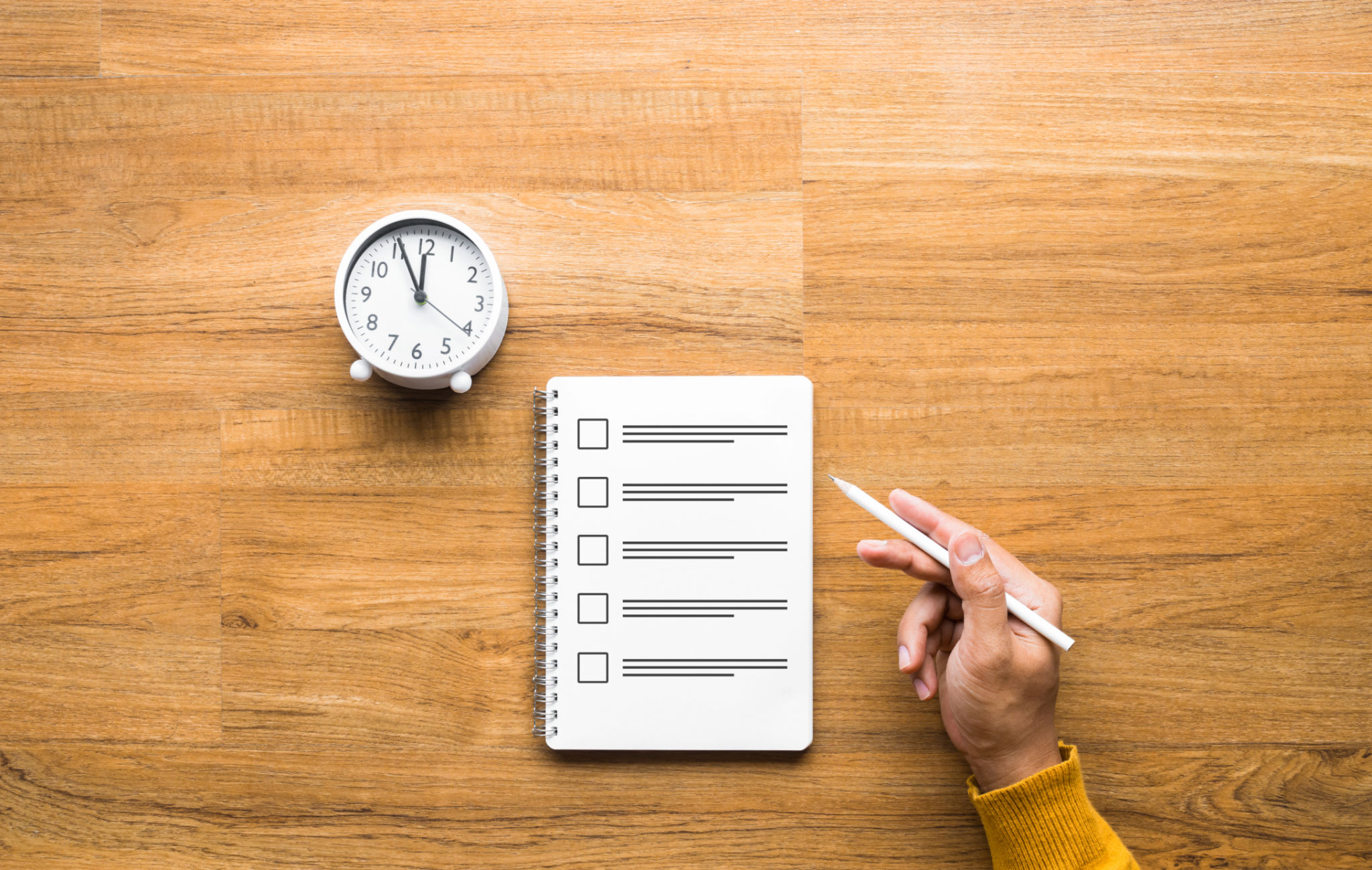Top Tips for Passing Your Private Pilot License Exam
Understand the Exam Structure
Before diving into studying, it's crucial to understand the structure of the Private Pilot License (PPL) exam. The test typically includes sections on aerodynamics, navigation, meteorology, and flight rules. Familiarizing yourself with these topics can help you allocate your study time effectively, ensuring you cover all necessary content.
The PPL exam is a mix of multiple-choice questions and practical assessments. Knowing what to expect can help reduce anxiety and improve your focus on the actual content. Make sure to review the exam guidelines provided by your aviation authority.

Create a Study Plan
Having a structured study plan is essential for success. Begin by assessing your current knowledge and identifying areas that need improvement. Allocate time each week to focus on different subjects and stick to this schedule as much as possible.
Utilize available resources like textbooks, online courses, and practice exams. Breaking down your study material into manageable chunks can make the process less overwhelming and more productive. Remember, consistency is key to retaining information.

Use Quality Study Materials
Invest in high-quality study materials, such as reputable textbooks and online courses tailored for aspiring pilots. Many experienced pilots recommend starting with materials that offer comprehensive explanations and practice questions similar to those on the actual exam.
Additionally, consider joining a study group or finding a study partner. Discussing tricky topics with others can provide new insights and enhance understanding. Don't hesitate to reach out to instructors if you need clarification on challenging concepts.

Practice with Flight Simulators
Flight simulators are invaluable tools for preparing for the PPL exam. They offer a safe environment to practice maneuvers and procedures without the risks associated with actual flight. Simulators help you become familiar with cockpit controls and enhance your decision-making skills under various flight conditions.
Many simulators are available for personal computers, providing a cost-effective way to gain additional practice hours. Make sure to integrate simulator sessions into your study routine for a well-rounded preparation.
Take Care of Your Health
Physical and mental well-being can significantly impact your exam performance. Ensure you're getting enough sleep, eating nutritious meals, and taking breaks during study sessions. Exercise can also be a great way to relieve stress and improve concentration.
Try relaxation techniques such as meditation or deep-breathing exercises to manage anxiety and maintain focus during your studies and the actual exam. A healthy body and mind are essential components of successful exam preparation.

Simulate Exam Conditions
As your exam date approaches, simulate the testing environment by taking timed practice exams. This will help you manage time effectively and get accustomed to the pressure of answering questions within a limited timeframe.
Review your answers thoroughly after each practice test, focusing on areas where mistakes were made. Understanding your errors is crucial for improvement and boosting confidence before the real exam.
Stay Positive and Confident
Finally, maintaining a positive attitude can greatly influence your success. Believe in your preparation and ability to pass the exam. Visualize yourself succeeding and keep a positive mindset throughout the process.
Remember that many pilots before you have faced the same challenges and emerged successful. With thorough preparation, dedication, and a confident outlook, you're well on your way to earning your Private Pilot License.

